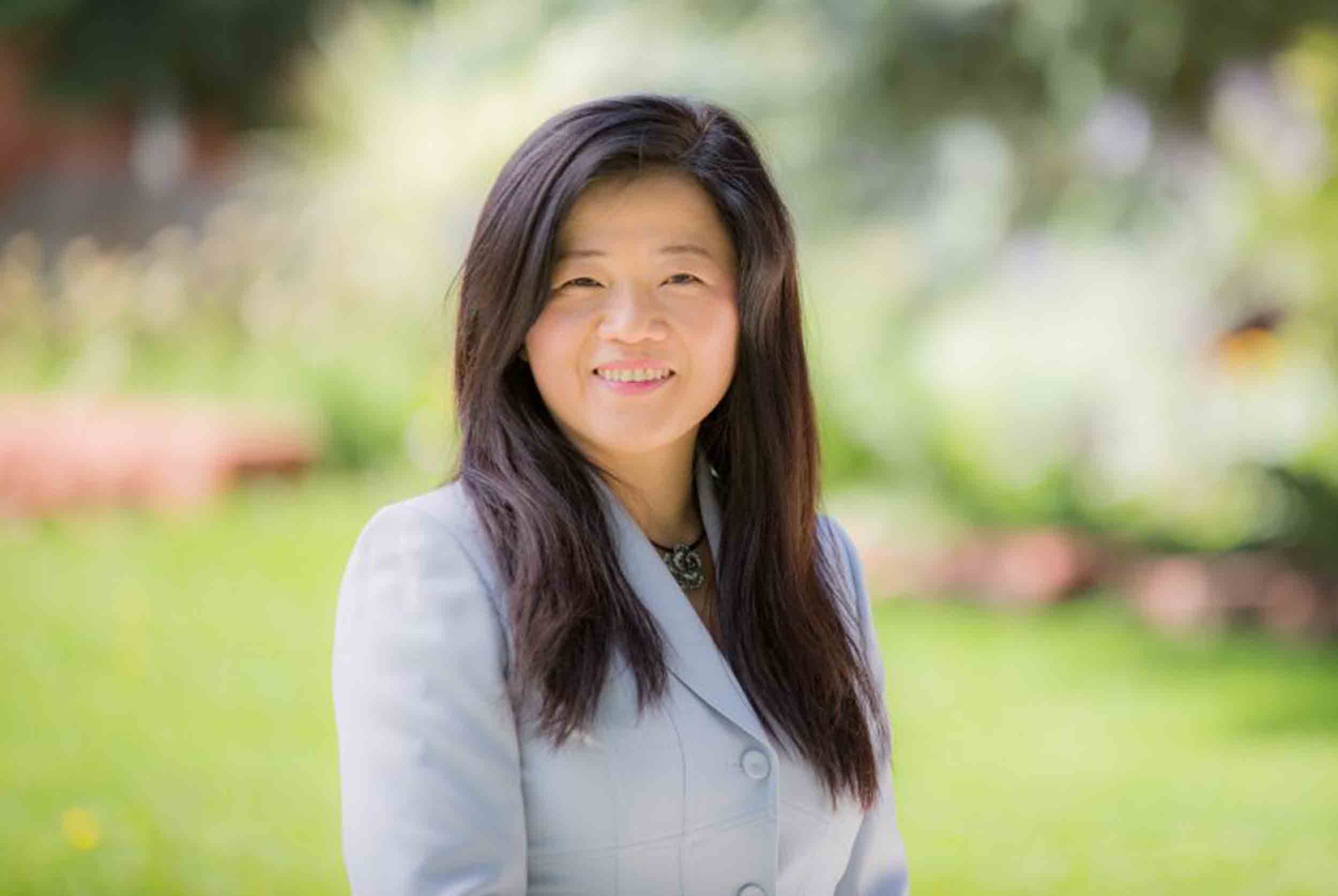Ching-Hsun Huang

230 Cheatham Hall (0323)
310 West Campus Drive
Blacksburg, VA 24061
Dr. Ching-Hsun Huang is a natural resource economist whose research integrates forest management, energy policy, and sustainable resource economics to advance resilient, low-carbon natural resource systems. Her work bridges ecological and economic analysis to quantify the environmental, health, and social co-benefits of sustainable forest and bioenergy strategies across the United States.
Her research examines the economic optimization of forest management, valuation of ecosystem services, and the role of carbon trading and market-based incentives in advancing forest-based climate solutions. Her projects have spanned loblolly pine plantations in the U.S. Southeast and ponderosa pine forests in the Southwest, assessing how carbon sequestration, fuels-reduction treatments, and bioenergy utilization can jointly enhance ecological and economic outcomes. During her time in the Southwest, she collaborated with partners in the Navajo Nation to evaluate forest restoration and woody biomass utilization strategies that strengthened local economies and community resilience. Her recent analyses employ integrated air-quality and economic modeling tools to quantify the health co-benefits of biomass energy pathways, complementing broader research on the social and economic impacts of wildfire emissions. Her work in carbon sequestration and bioenergy has been supported by multiple agencies, including two projects funded by the U.S. Department of Energy, the USDA National Institute of Food and Agriculture, the U.S. Forest Service Rocky Mountain Research Station, and regional partners across the Southwest and Southeast.
Before joining Virginia Tech in 2020, Huang taught forest management and forest economics at Northern Arizona University, earning several teaching honors—including the College of Engineering, Forestry and Natural Sciences Distinguished Professor/Teacher of the Year Award—for outstanding instruction and student mentorship. As Department Head of Sustainable Biomaterials from 2020 to 2025, she led major curriculum reforms that redefined the department’s academic direction and launched the Sustainable Systems Science (S3) major—an interdisciplinary program connecting sustainability competencies with data-informed, real-world applications.
Huang’s teaching emphasizes integrative problem-solving, data-driven decision-making, and financial literacy as tools for sustainability leadership. She currently teaches SBIO 3004 – Sustainable Nature-Based Enterprises, a course that connects financial reasoning with environmental innovation and entrepreneurship. As she returns to a full-time faculty role, she looks forward to mentoring students in sustainability economics, the bioeconomy, and forest resource policy, and continuing collaborations across forestry, engineering, public health, and policy disciplines to translate science into actionable solutions for climate resilience and rural prosperity.
Area of Expertise
- Environmental and resource economics
- Carbon sequestration and market-based climate solutions
- Economic modeling of forest and bioenergy systems
- Health and policy co-benefits of wildfire and energy strategies
- Decision-support tools for sustainable resource and policy management
Education
- Ph.D. Stephen F. Austin State University, 1999
- M.S. University of Houston-Clear Lake, 1993
- B.S. Chinese Culture University, Taipei, Taiwan, 1990


